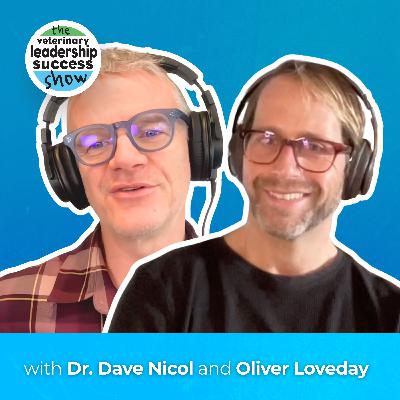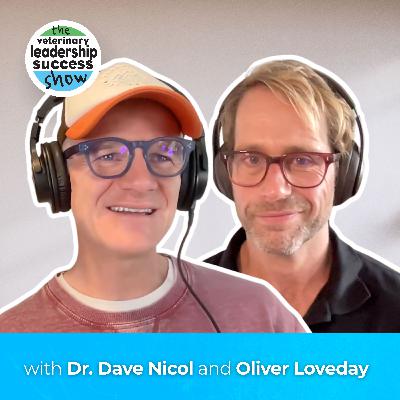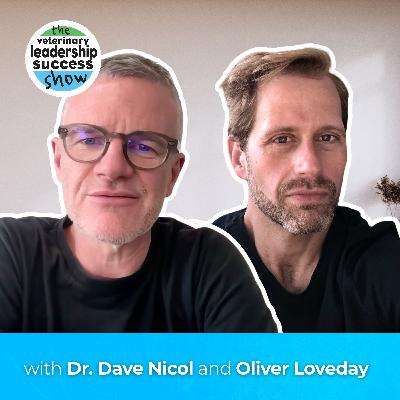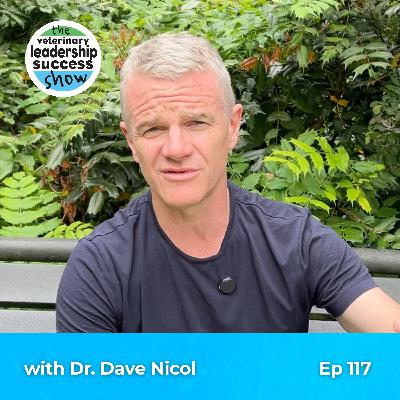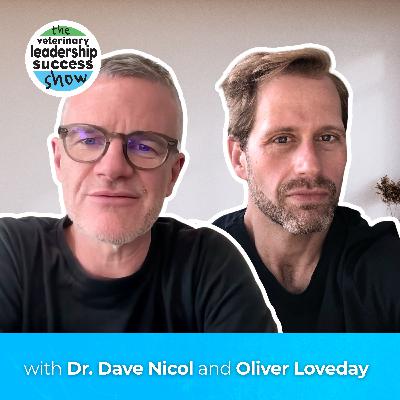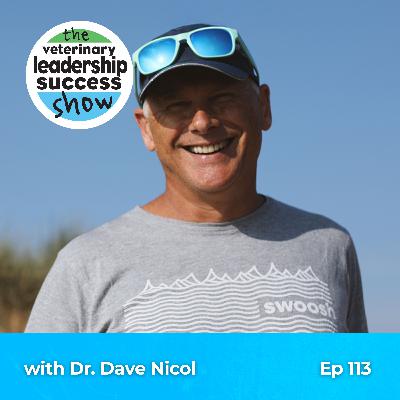Ep 86: Mastering the Art of Feedback in Veterinary Practice
Description
Episode Description
Welcome to the Ventury Leadership Success podcast, where Dr. Dave Nicol, a seasoned veterinarian and leadership expert, delves into the crucial topic of feedback within the world of veterinary practice. In this insightful episode, Dr. Nicol breaks down the intricacies of feedback and why it is the lifeblood of any high-performing practice.
Dr. Nicol begins by explaining the growth cycle, emphasizing the need to set clear objectives and tasks to facilitate growth. Feedback plays a pivotal role in this process, acting as a vital compass to ensure you stay on the right track.
One of the central themes of this episode is creating a culture of feedback. Dr. Nicol highlights the importance of expecting feedback from everyone, including the practice owner and ultimate leader. He underscores that feedback should be considered a gift, offered with the intent of helping individuals improve. Dr. Nicol outlines the key rules for both giving and receiving feedback, emphasizing that it should be a psychologically safe experience.
In the heart of the episode, Dr. Nicol offers a structured approach to delivering effective feedback. He provides practical steps, from asking for permission and assessing the timing to framing feedback as a helpful gesture. The host explains the art of describing observed behaviors, offering advice when needed, and showing appreciation for receiving feedback. The episode emphasizes the power of coaching in the feedback process, enhancing its effectiveness.
Receiving feedback gracefully is another important aspect covered by Dr. Nicol. He advises listeners to be open to feedback, accept it when emotionally ready, and understand that feedback is not a personal attack. The episode offers guidance on processing and reflecting on feedback, even if you disagree with it, all while maintaining a constructive approach.
Dr. Dave Nicol concludes the episode with a recap of the key takeaways, highlighting the transformative impact feedback can have on practice dynamics. He encourages listeners to share their experiences with feedback and previews upcoming topics for discussion in future episodes.
Join us in this episode as we explore the critical role of feedback in veterinary practice and learn how to master the art of giving and receiving feedback for the benefit of your team and practice. Don't forget to leave a review on iTunes and share this valuable podcast with your veterinary colleagues. Be safe, be well, and be happy!
Episode Outline
- [00:00 ] Introduction
- [01:04 ] Understanding the Growth Cycle
- [04:31 ] Creating a Feedback Culture
- [08:31 ] Effective Feedback Delivery
- [12:32 ] Receiving Feedback Gracefully
- [17:31 ] Recap and Conclusion
- [18:02 ] Closing Remarks
Quotes
- "Feedback is a necessary step in the growth and development of healthy, functional practices. Feedback needs to be given and received in a psychologically safe way."
- "Feedback must be given positively, much more often than it is in a way that is challenging. There is a process you go through for giving feedback that's about stopping, checking in that it's okay, signaling your intent, delivering the feedback and checking in at the end."
- "When to give feedback: Frequently and as close to the event as possible. How to give feedback: Ask for permission, assess the timing, frame it to make it feel safe, describe the observed behavior, offer advice or suggestions (if appropriate), show appreciation for receiving feedback."
- "Be open to receiving feedback, accept it when emotionally capable. Recognize that feedback is not a personal attack, even if it can feel like that sometimes. Your job is to process the feedback, reflect on it and do something with it, which may be disagreeing with it."
- "Feedback is a necessary step in growth and development of healthy, functional practices. Feedback needs to be given regularly and often, and everybody needs to be used to giving and receiving it. Feedback must be given positively, much more often than it is in a way that is challenging."
Connect with Dr. Dave Nicol


